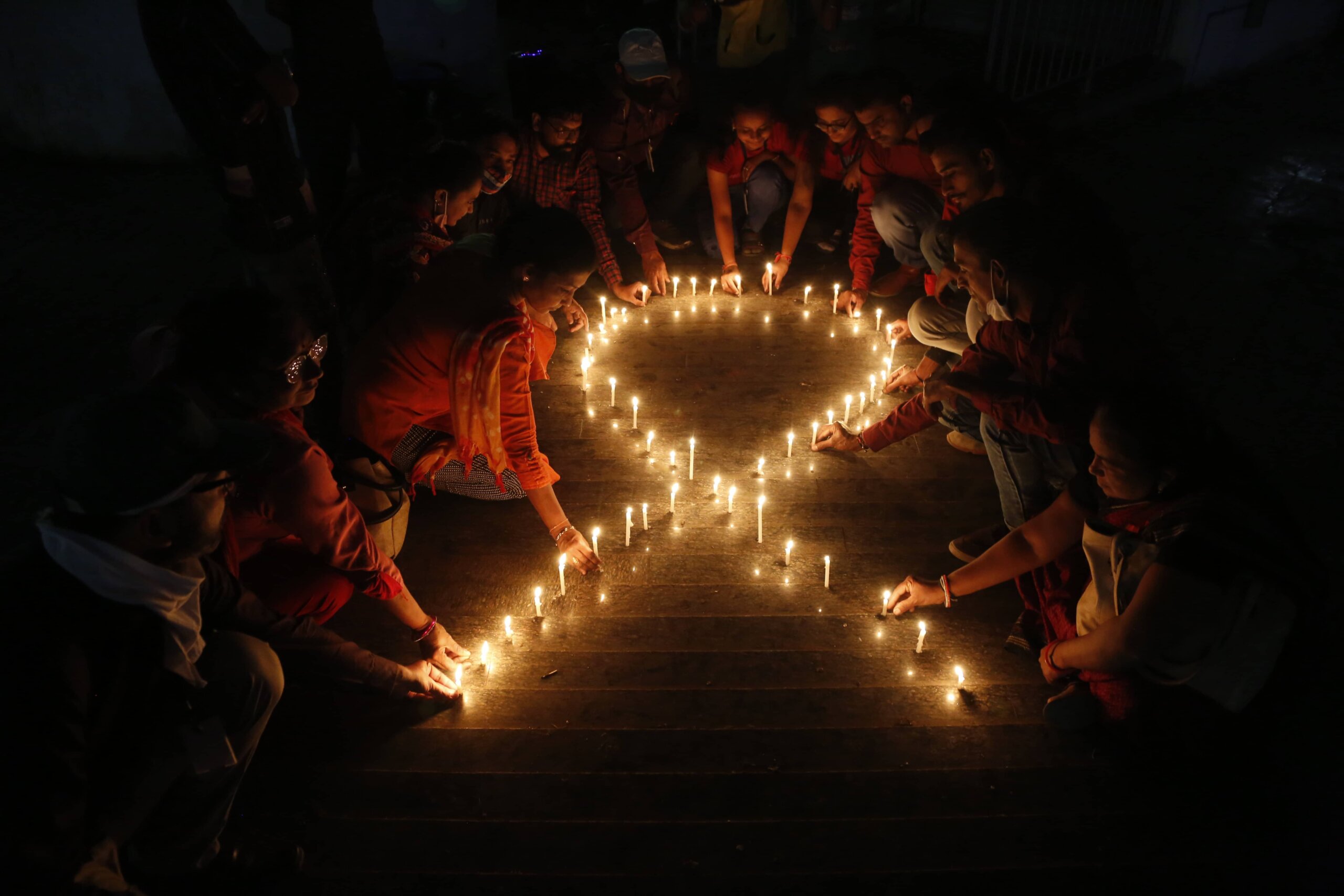A new report finds that the criminalization of HIV transmission remains widespread across the globe.
Since January 2019, more than 270 people in 39 countries have been arrested for exposing a sexual partner to HIV or for transmitting the virus, according to the HIV Justice Network. Countries with the largest number of arrests during the time surveyed included Uzbekistan (231 recorded cases), Russia (157), Belarus (106), the United States (77), France (11) and India (also 11). At least seven prosecutions for HIV transmission were reported in Canada, which tied with Australia to claim the eighth most arrests.
Regionally, the HIV Justice Network finds that sub-Saharan Africa has the most countries that target people living with HIV for criminal prosecution. The 30 sub-Saharan nations that enforce their HIV transmission laws include Ghana, Kenya, Nigeria, Uganda and Zimbabwe—many of which still have colonial-era sodomy codes on the books banning same-sex intercourse.
Fifteen countries in Latin America and the Caribbean criminalize HIV transmission, as do 12 nations located in eastern Europe and Central Asia. Among those that enforce their laws are Bermuda, Paraguay, Poland, Romania and Ukraine.
In a statement accompanying the report, the HIV Justice Network noted that there had also been several significant victories over the past three years. Two countries had repealed their HIV criminalization laws outright—Sweden and Zimbabwe—and a Colombia court declared the country’s criminal codes targeting people living with HIV unconstitutional in 2019.
“The global movement to end HIV criminalization continues to achieve remarkable successes, despite the many challenges that COVID-19 has brought,” the Netherlands-based advocacy organization said in a statement.
But the group noted that challenges remain: at least 82 countries and 111 jurisdictions still have laws in place that subject people with HIV to criminal penalties for transmitting the virus to a partner. That total makes up slightly less than half—42 percent—of every nation on earth.
HIV Justice Network also believes that its number is a vast undercount, estimating that more than 700 people have likely been subjected to prosecution because of their HIV status since 2019. Although its report noted that the number of criminal cases in countries like Canada, Norway and Sweden have decreased in recent years, the group asserts that “too many unjust prosecutions and convictions continue to be reported.”
Greater progress could be imminent as more national and local leaders work to reform outdated laws stigmatizing people living with HIV. Three U.S. states have fully repealed laws that sanctioned either HIV transmission or exposure: Illinois, New Jersey and Texas. Several other states have “modernized” their HIV laws, but declined to strike the penalty from the books altogether—including California, Colorado, Michigan, North Carolina and Virginia. Charges are often reduced from a felony to a misdemeanour.
According to the HIV Justice Network, at least 24 U.S. states still have HIV-specific laws criminalizing transmission. Of these states, 21 saw prosecutions over the three years that its audit encompassed.
While Canada does not have a federal law criminalizing either HIV transmission or exposure, courts have frequently imposed their own authority on the issue. In 2012, the Supreme Court of Canada ruled that people living with HIV are legally required to reveal their status to partners during sexual encounters that pose a “realistic possibility of transmission.” Disclosure, the court said, would not be required if the HIV-positive individual used a condom and had a viral load below 1,500 copies/ml.
In 2018, a federal directive issued by the Attorney General of Canada clarified that individuals who are undetectable should not be prosecuted for HIV exposure, as they are extremely unlikely to transmit the virus to a partner. The guidance, however, only applied to Canada’s three territories—Northwest Territories, Nunavut and Yukon—that are under the office’s purview.
Alberta, British Columbia, Ontario and Quebec have issued their own directives to prosecutors, according to a 2020 report by the HIV/AIDS non-profit CATIE. Those orders, however, have all stopped short of fully halting prosecutions targeting the sex lives of people living with HIV.
In its report, CATIE found that more than 200 Canadians have been prosecuted for failing to disclose their HIV status to a sexual partner, although it’s unclear how many were imprisoned as a result. Charges for HIV transmission can include aggravated assault, resulting in a maximum life sentence and a requirement that individuals register as a sex offender for the rest of their lives.
In Canada, people with HIV are sometimes prosecuted “even if they had no intent to harm their partner and the other person didn’t get HIV,” according to CATIE.


 Why you can trust Xtra
Why you can trust Xtra


